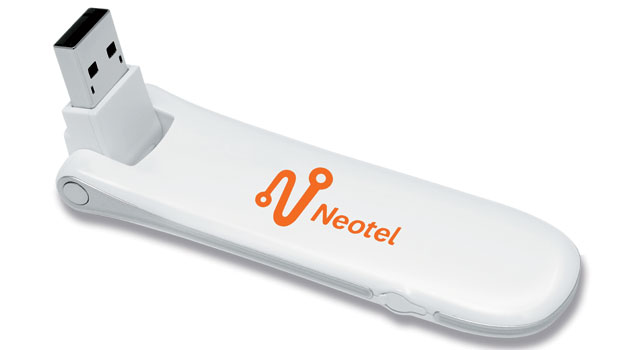
Telkom on Friday filed an application at the high court in Pretoria seeking to set aside Icasa’s recent decision to approve the transfer of Neotel’s licences to Vodacom because the communications regulator has failed to adequately take into account various considerations.
That’s the word from Telkom spokesman Jacqui O’Sullivan, who was responding to a query from TechCentral as to why the telecommunications operator had decided to challenge Icasa’s approval — with conditions — of the transfer of licences.
Vodacom is offering R7bn in cash to buy 100% of Neotel. The Competition Commission has recommended to the Competition Tribunal that the deal be approved, albeit with conditions.
O’Sullivan said Telkom has approached the high court on a “semi-urgent basis” for an interim order to suspend the implementation of the Icasa decision pending the resolution of a final review.
Icasa, she said, has not adequately considered certain issues when granting regulatory approval for the transaction. “The regulator had previously been alerted to these considerations,” she said.
Telkom submitted during public hearings that Icasa does not have regulations, in terms of section 13(1) of the Electronic Communications Act, to deal with the transfer of control of what are termed “individual licences”.
In addition, Icasa needs regulations, in terms of section 13(3) of the act, to adjudicate over the broad-based black economic empowerment (BBBEE) implications of the proposed transfer of control from Neotel to Vodacom.
Also, the regulations under which the applications were brought were not suitable for the purpose, Telkom said. And the regulations in terms of section 31 (2A) of the act are a necessary condition for the transfer of control of Neotel’s high-demand spectrum.
Telkom said Icasa “should consider promulgating the [necessary] regulations … prior to adjudicating over the transfer of control of spectrum licences”.

“Telkom believes the authority should have closely considered the effect on competition and market structure of the transfer of control of spectrum licences, and imposed appropriate licence conditions to maintain a level playing field,” O’Sullivan said.
“In addition, the authority was prompted to consider whether this transaction negates the objects of the Electronic Communications Act in relation to BBBEE and, if it did, to make an appropriate determination and/or impose appropriate licence conditions,” she said.
It was “unlawful” for Icasa to approve the transfer of Neotel’s spectrum licences to Vodacom “in circumstances where, effective from 1 April 2015, Icasa made regulations which provide that [it] will not approve the assignment, ceding or transfer of control of a radio frequency spectrum licence if such transaction will not promote competition; or if such transfer will result in the reduction of equity ownership held by historically disadvantaged persons to be less than 30%”.
“…If the 2015 regulations did not apply to the merger application, was it lawful for Icasa to have considered and approved an application for the transfer of control of licences without Icasa having made the requisite regulations in which the relevant procedures and criteria are prescribed?”
Telkom said Icasa’s approval of the deal was premature. “A transfer of control of spectrum licences in the circumstances will be contrary to the values of accountability, responsiveness and openness, which are fundamental values of our constitution,” said O’Sullivan. — © 2015 NewsCentral Media




